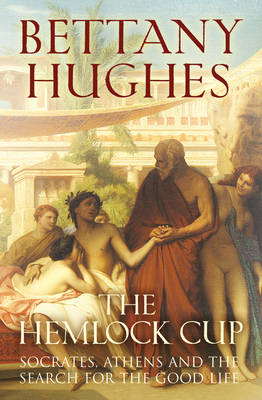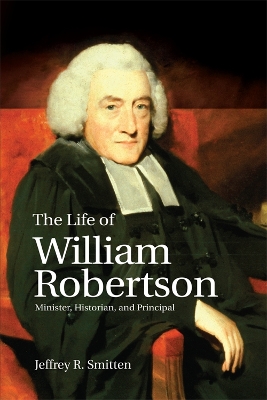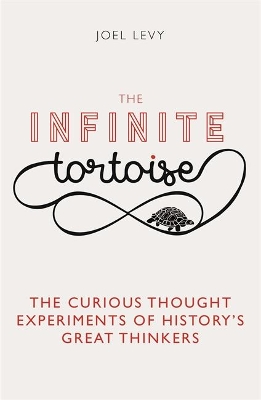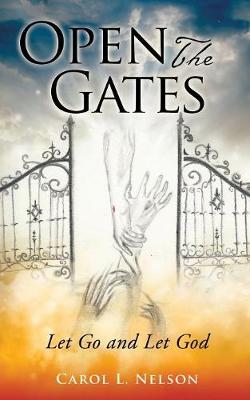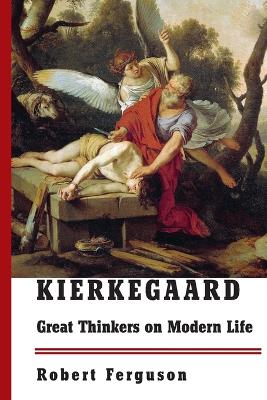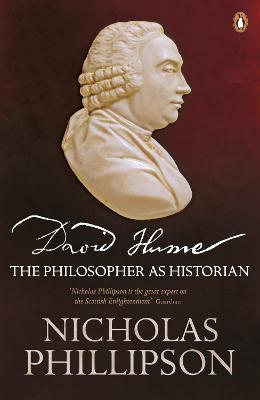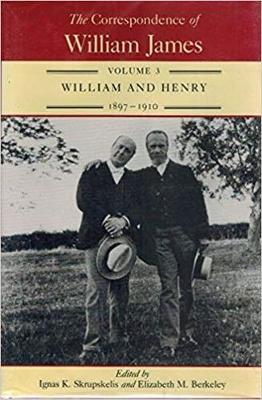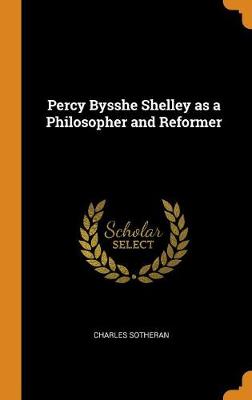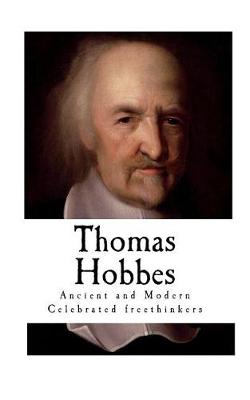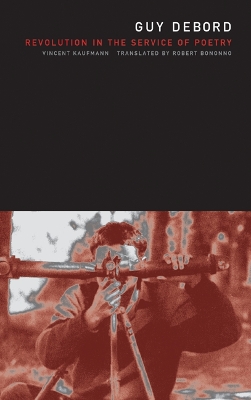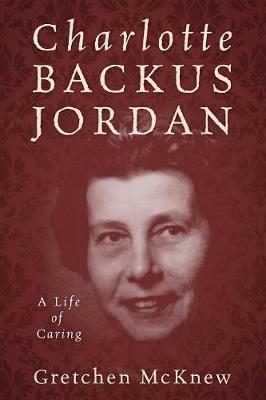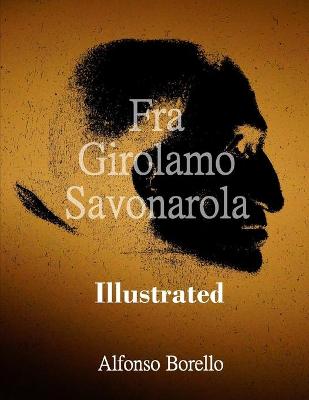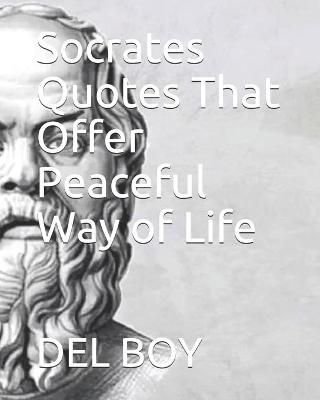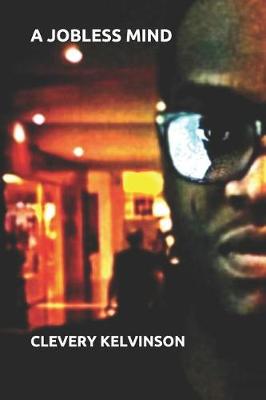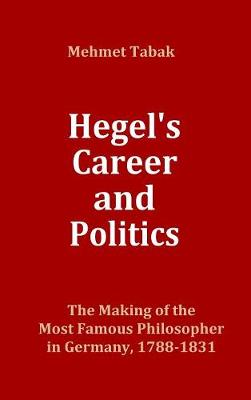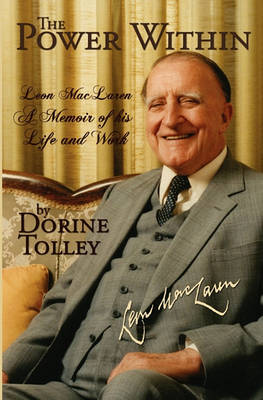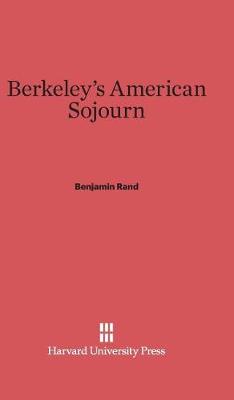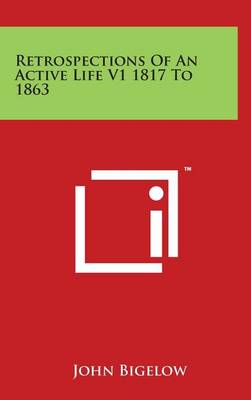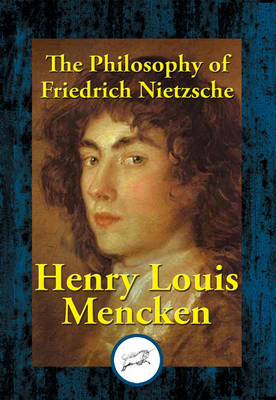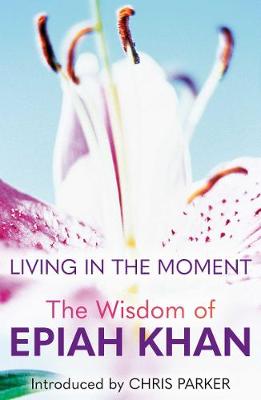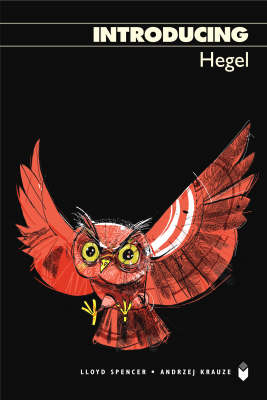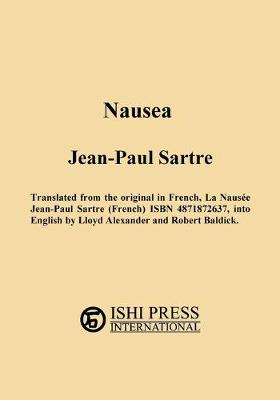We think the way we do because Socrates thought the way he did. His aphorism 'The unexamined life is not worth living' may have originated twenty-five centuries ago, but it is a founding principle of modern life. Socrates lived and contributed to a city that nurtured key ingredients of contemporary civilisation - democracy, liberty, science, drama, rational thought - yet, as he wrote nothing in his lifetime, he himself is an enigmatic figure. The Hemlock Cup gives Socrates the biography he deser...
This is the first biography to see William Robertson as both a man and an intellectual figure at the centre of the Scottish Enlightenment. William Robertson differed from his contemporaries, such as Voltaire, Hume and Gibbon, because he used the critical tools of the Enlightenment to strengthen religion, not to attack it. As an historian, he helped shape eighteenth-century historiography. As a minister of the Church of Scotland, he sought to make the church fit for a polite age. And, as principa...
A clear, concise and fascinating guide to philosophical thought experiments and how they've shaped our understanding of the world. From Plato's Cave to Descartes' Demon, great thinkers have used thought experiments and paradoxes to try and work out complex ideas in the simplest way possible. Among the most famous thought experiments is Zeno's Achilles and the Tortoise: if Achilles is faster than the tortoise, why will Achilles never catch up with the tortoise when it starts ahead of him? Zeno...
Soren Kierkegaard was a Danish philosopher, theologian, literary stylist and social critic. Born in 1813 in Copenhagen, his philosophical work addressed living as a single individual and the importance of personal choice. A famously fierce critic of the idealist thinkers of his time, including Hegel, Goethe, and Hans Christian Anderson, he is regarded as the first existentialist philosopher, and his Fear and Trembling is one of the classics of modern philosophy. Here you will find insights from...
A giant of the eighteenth-century Enlightenment, David Hume was one of the most important philosophers ever to write in English. He was also a brilliant historian. In this succinct study, Nicholas Phillipson shows how Hume freed history from religion and politics. As a philosopher, Hume sought a way of seeing the world and pursuing happiness independently of a belief in God. His groundbreaking approach applied the same outlook to Britain's history, showing how the past was shaped solely through...
The Correspondence of William James, Volume 3 (The Correspondence of William James)
by William James
This volume presents the correspondence between William James, known for his contributions to psychology and philosophy, and his brother Henry. It covers their most productive years, when William was writing The Varieties of Religious Experience and Henry was writing his late masterpieces.
Percy Bysshe Shelley as a Philosopher and Reformer
by Charles Sotheran
Thomas Hobbes (A Brief Introduction to Famous Philosophers)
by A Collins and J. Watts
Writer, artist, filmmaker, provocateur, revolutionary, and impresario of the Situationist International, Guy Debord shunned the apparatus of publicity he dissected so brilliantly in his most influential work, The Society of the Spectacle. In this ambitious and innovative biography, Vincent Kaufmann places Debord's very hostility toward the inquisitive, biographical gaze at the center of an investigation into his subject's diverse output-from his earliest films to his landmark works of social the...
Berkeley's American Sojourn
Discover a new understanding of Kierkegaard’s thought and his life, a story filled with romance, betrayal, humor, and riots. Kierkegaard, like Einstein and Freud, is one of those geniuses whose ideas permeate the culture and shape our world even when relatively few people have read their works. That lack of familiarity with the real Kierkegaard is about to change. This lucid new biography by scholar Stephen Backhouse presents the genius as well as the acutely sensitive man behind the brilliant...
Epiah Khan is an apocryphal Middle Eastern mystic, martial artist, writer and poet believed to have been born in Baghdad in 1860. Much of Epiah's early life is a mystery, but it is known that he travelled to London in 1906 where he taught mysticism and his own brand of holistic martial arts for seven years. He moved to Paris in 1913 and from there to Verdun, where he died during the longest battle of the First World War. Chris Parker began his study of meditation and martial arts in the 1970s....
This is an investigation into the significance of Sade as a philosopher of the enlightenment. The book describes Sade's ruthless exploration of the fundamentals of morality - crime and justice, murder and capital punishment, the taboos and rights of sexual expression and the ethical basis of virtue and vice. It goes on to explain why his ideas contine to be debated by modern critics and feminists.
There are an astonishing number of treatments available to us for all types of disorders. But how can we choose wisely from so much on offer? "Introducing Psychotherapy" is a unique and valuable guide for anyone who wants to understand more about the subject of psychotherapy. For people seeking help for themselves or others, it focuses on the types of practices available for students and those considering involvement in promoting wellness. This is a brilliant introduction to one of the greatest...
